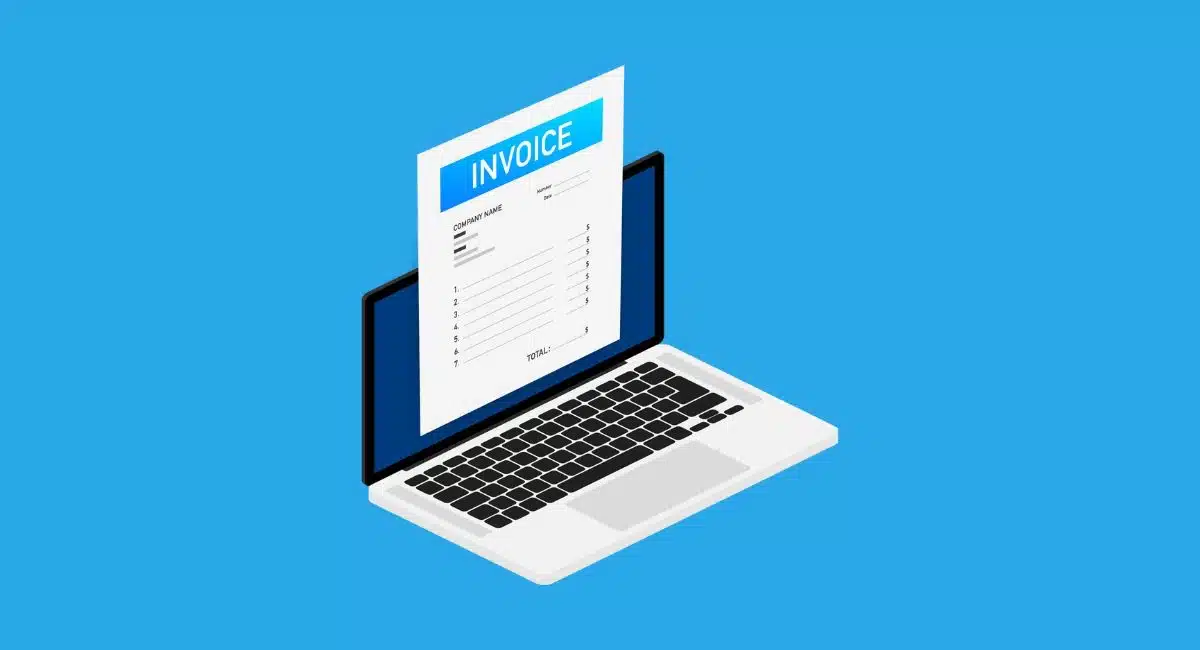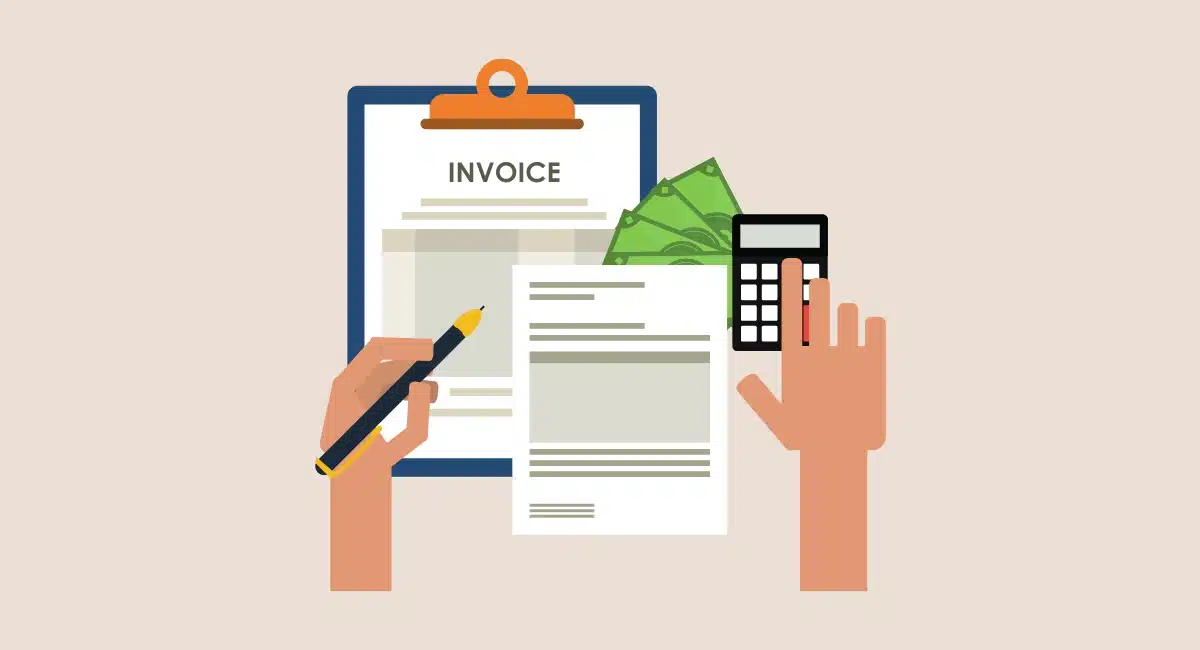The first real-life cryptocurrency purchase was for two pizzas in 2010. Over ten years since that first doughy exchange, cryptocurrency’s popularity keeps growing.
From December 2019, the number of cryptocurrency owners changed from around 1.9 million UK adults to roughly 10.6 million just seven months later, in July 2020. And in 2021, #crypto was the most trending hashtag on Twitter at 6.57 million tweets.
Such hype means small businesses are sitting up, paying attention and asking – “should I accept cryptocurrency as payment?”
Yet, despite its popularity, accepting cryptocurrency as a form of payment is far from a mature concept. Before small business owners can make a concrete decision, there are many considerations to cover.
Is accepting cryptocurrency as a payment even legal?
UK policy concerning cryptocurrencies is in flux, and its evolution looks set to continue. Despite UK financial regulators issuing warnings about investment in cryptocurrencies, the law is clear. Offering customers the ability to pay for goods and services with cryptocurrency is not illegal.
However, some crypto assets will be subject to financial regulation, such as electronic money regulation.
Is accepting crypto worth your time as a small business?
The pandemic tossed many small businesses into financial limbo. Adapting to business after pandemic restrictions means you will have developed a pragmatic view of change. Is such a leap worth it?
Crypto payments aren’t necessarily just for big-ticket items
Accepting crypto makes sense for companies selling big-ticket, luxury items. Take German designer Philipp Plein, for example, along with cars, travel and software.
But what about smaller ticket items? Beauty retailers like Lush have begun accepting crypto payments, so maybe it shouldn’t be ruled out entirely. And with the help of built-in payments systems on ecommerce platforms like Shopify, any merchant operating via a Shopify store can do the same.
Even cafés like Antonio’s Deli in Falkirk have begun accepting cryptocurrency. In fact, payment networks offering bitcoin payments (like Flexa) state that over 60% of transactions on the platform are for tea, coffee and other quick-service items.
Accepting cryptocurrency could significantly grow your customer base
Typically, surveys show most cryptocurrency investors fall within three main age categories: 18-24 (27.5%), 25-34 (33.1%), and 35-44 (24.2%). Cryptocurrency sits at the “cutting edge” of digital where Millennials and Generation Z, who were raised on technology, feel most at home.
Enabling cryptocurrency payments may bring new access to younger consumers. One Forrester study shows that accepting Bitcoin attracts new customers and sales. Specifically, they found that 40% of customers were new to the sampled merchants.
In 2022, younger generations will continue to seek convenient and transparent ways to pay as they spend their growing disposable income. For example, Gen Z (18-24) has a spending power of around $143 billion and shows great interest in taking advantage of different ways to pay.
Millennials and Gen Z make up the majority of crypto investors. So for small businesses interested in securing a new, long-term and profitable customer base, enabling cryptocurrency payments might be of particular interest.

Young people are more likely to invest in cryptocurrencies and seek out shops that accept it.
Customers who pay through cryptocurrency have a higher average order value
According to some studies, customers paying through cryptocurrency purchase twice the amount as credit card users in one transaction, leading to an average increase in return on investment (ROI) of 327%.
Echoes of the argument of whether small businesses should accept American Express begin to emerge here – is the higher average order crypto users enough to offset the cost and effort to business owners?
The continued growth of crypto-linked cards like Visa’s provides a little encouragement. Visa has partnered with 50 leading crypto platforms to make spending digital currency easier. With more than $1 billion spent on crypto-linked cards in the first half of 2021 and no apparent drawbacks, merchants could profit significantly from the higher ticket size of crypto customers.
Cryptocurrency might save you money on transaction fees
Credit card transactions usually require businesses to pay processing fees and other charges set by the services provider. These fees may vary based on your sales volume, business type and the types of cards you accept. The transaction fees can be blended or in an ‘interchange plus plus’ format.
Whichever pricing structure you choose, you can expect the lowest rates for Visa and Mastercard, and the highest for American Express or other foreign-issue cards. But these fees vary dramatically.
UK small businesses typically pay an average cost on transactions between 0.2% and 2.25%, depending on the type of card and contract. This rate is sometimes even higher for overseas issued cards like American Express.
Compared to often exorbitant transaction fees used to fuel common arguments against accepting crypto as payment, the above fees may seem minimal. However, such arguments typical focus on market-leading crypto assets like Ethereum and Bitcoin. The latter of which has an average transaction fee of $59.
However, these aren’t the only forms of cryptocurrency that small businesses can accept. Many alternative coins (altcoins) incur much cheaper costs for merchants, with processing fees of typically 1% or less.
Other ways to get paid: Different mobile payments explained
Accepting cryptocurrency requires tremendous resource
Cryptocurrency advocates see limited drawbacks with using it for purchases, but small businesses should be wary. There are many pitfalls along the way.
Small businesses will need to dedicate vast amounts of time
Accepting cryptocurrency will be both technically and academically challenging. There is an immense learning curve to traverse to take cryptocurrency payments efficiently and safely (there are over 12,000 cryptocurrencies). Finding the time to research, understand and prepare whilst running your business will be tricky.
You’ll need to set up a digital wallet on a digital currency exchange, which will require you to spend more time getting to grips with the integral technology of cryptocurrencies. You’ll then need to critique and choose the right cryptocurrency payment gateway for your business and customers’ preferences from a vast array of competing options.
Finally, the irreversibility of crypto payments can create inefficiencies within your business. With cryptocurrency transactions, only you, the merchant, can refund customers. Whilst this does all but eradicate chargebacks and subsequent chargeback fees, you will need to dedicate a significant portion of resources to keeping meticulous records for every transaction.

You’ll need to declare income in crytocurrencies differently than normal money.
Consider the tax implications of accepting cryptocurrencies
Three words: Capital gains tax. HMRC classifies crypto assets into four main categories; stablecoins and utility, security and exchange tokens. The latter will be of most concern to small businesses, encompassing any cryptocurrency used for payment.
Cryptocurrency is considered “property” and must be reported as gross income because HMRC does not consider crypto assets money or currency. Therefore, you’ll be taxed on any profit from cryptocurrencies.
Exchanges of cryptocurrencies for fiat or another cryptocurrency are also taxable events. That means should you accept cryptocurrency and choose to exchange them instead of storing them as business investments; you will also be taxed.
HMRC has released in-depth guidelines on how businesses and companies are taxed on crypto assets which you will need to understand in full.
Small businesses must consider the implications accepting cryptocurrencies will have. You’ll need to consider various factors, like your available resources, your technical expertise and your capacity to deal with all of these alongside the daily grind of running a small business. That itself may be enough of a deterrent.
Crypto doesn’t appear to be something small businesses need to worry about right now. But business moves fast. So, as cryptocurrency adoption grows, a new question might emerge. Is adopting cryptocurrency payments about competitive advantage or more about competitive survival?




